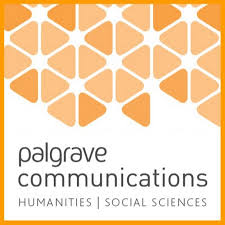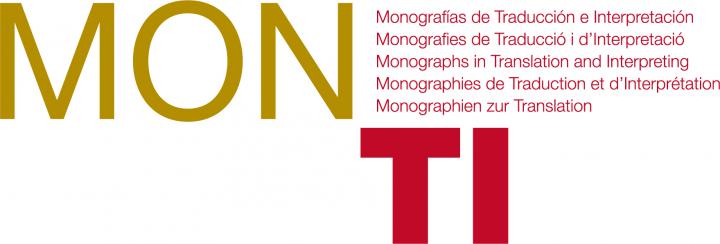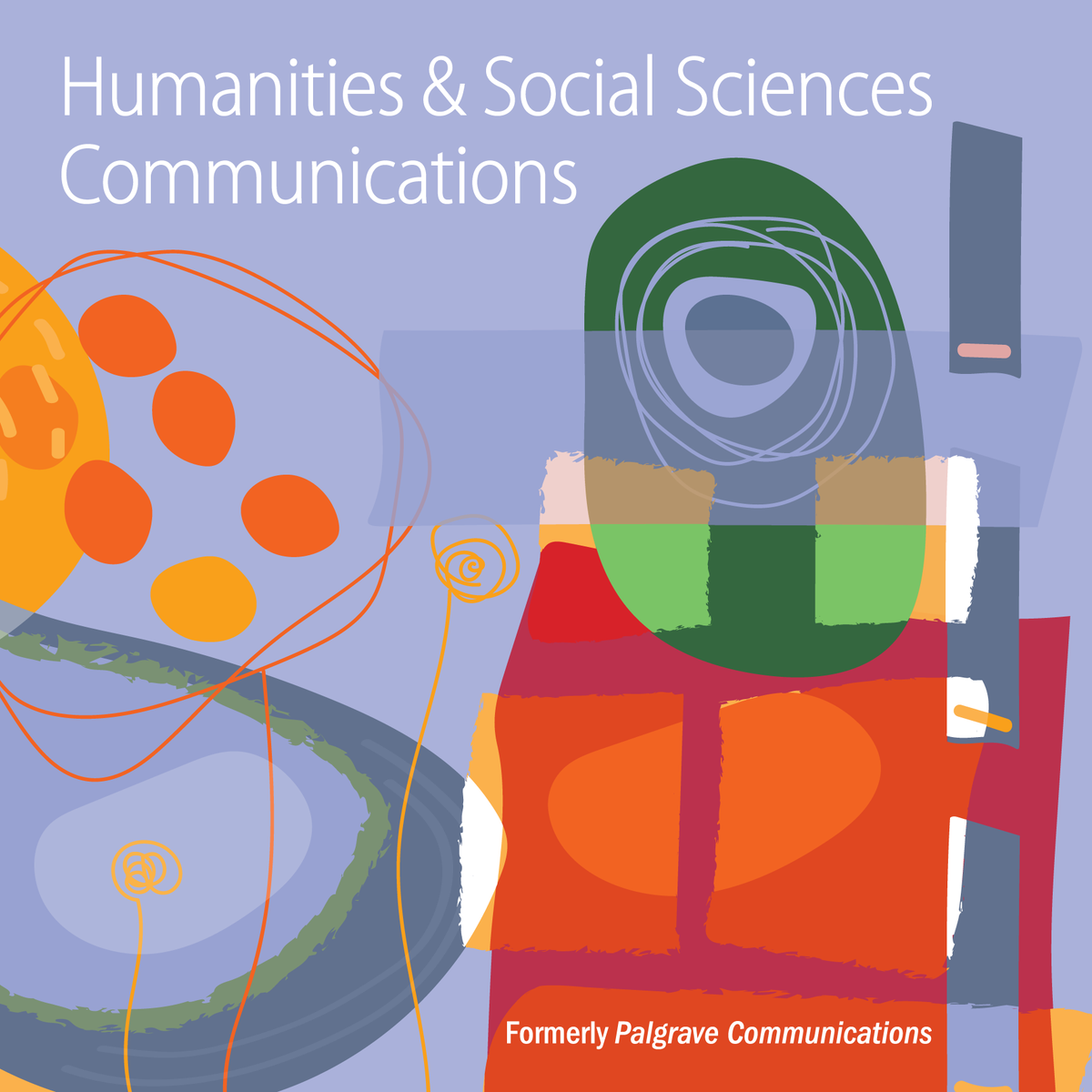Kamran Karimullah
Palgrave Communications volume 6, Article number: 3 (2020)
OPEN ACCESS
DOI: https://doi.org/10.1057/s41599-019-0376-9
Abstract
Like translations, critical editions can play an important role in the language-mediated evolution of political concepts. This paper offers a case-study of a modern edition of Aristotle’s Nicomachean Ethics by the famous twentieth-century Egyptian philosopher and father of ‘Arab existentialism’ Abd al-Rahman Badawi (d. 2002). It draws on ancient Greek and medieval Arabic corpora developed by the Genealogies of Knowledge project and a modern Arabic corpus accessible through Sketch Engine to examine the lexical patterning of key political items relating to the concept of citizen in the Arabic and Greek versions of Aristotle’s Nicomachean Ethics. This corpus-based analysis of lexical patterns is contextualised against discursive and disciplinary parameters that shaped Badawi’s edition. Supplementing this collocational analysis of relevant lexical items with a more traditional analysis of Badawi’s paratexts, I argue that the editing process produces a hybrid ‘third text’ that is neither a transcription of the original manuscript nor a reconstruction of the manuscript’s archetype. The paper concludes that, like translations, editions transform the texts they are based on.




